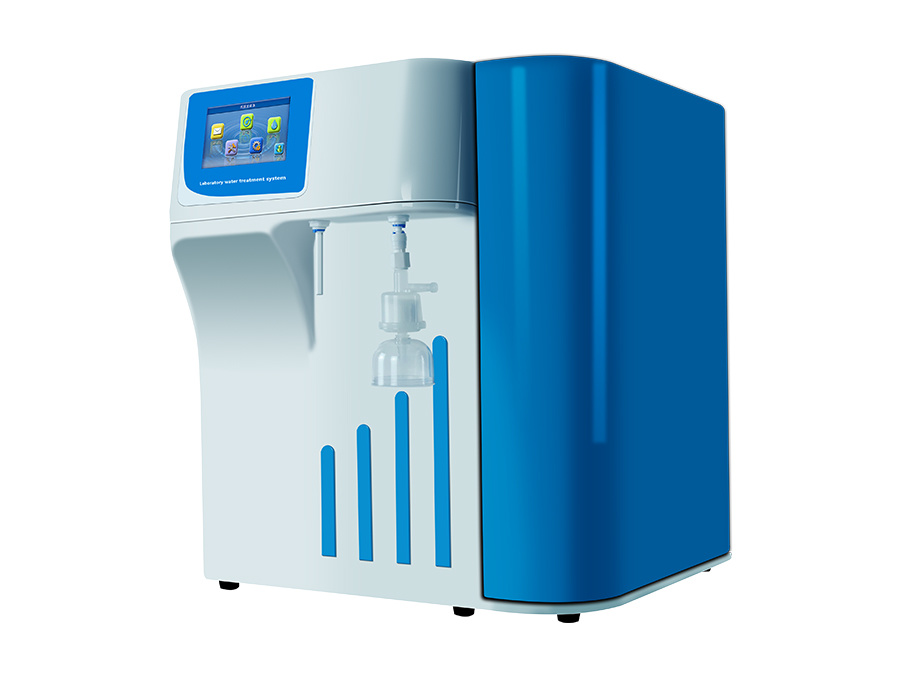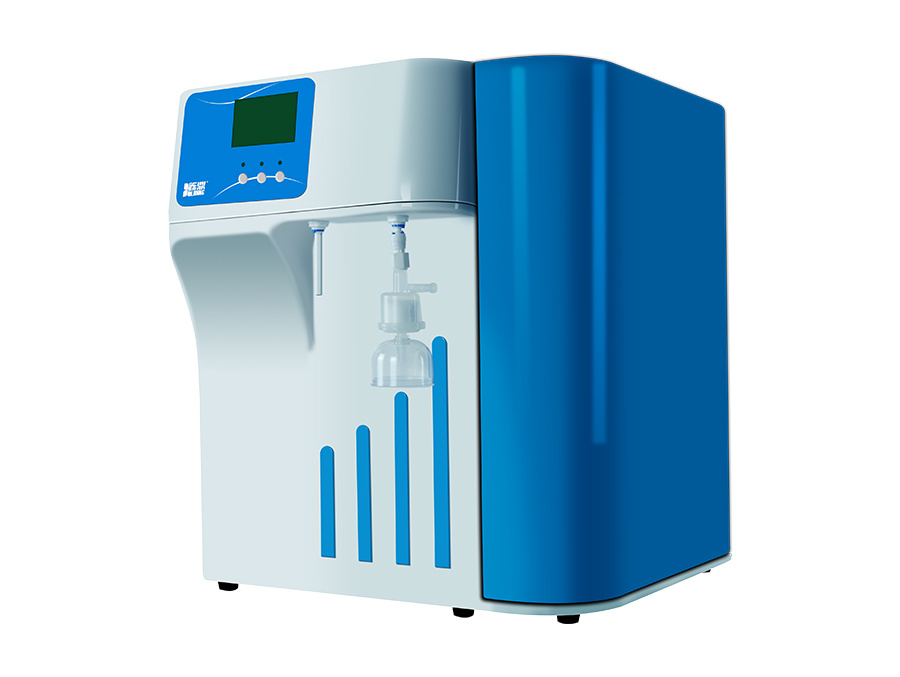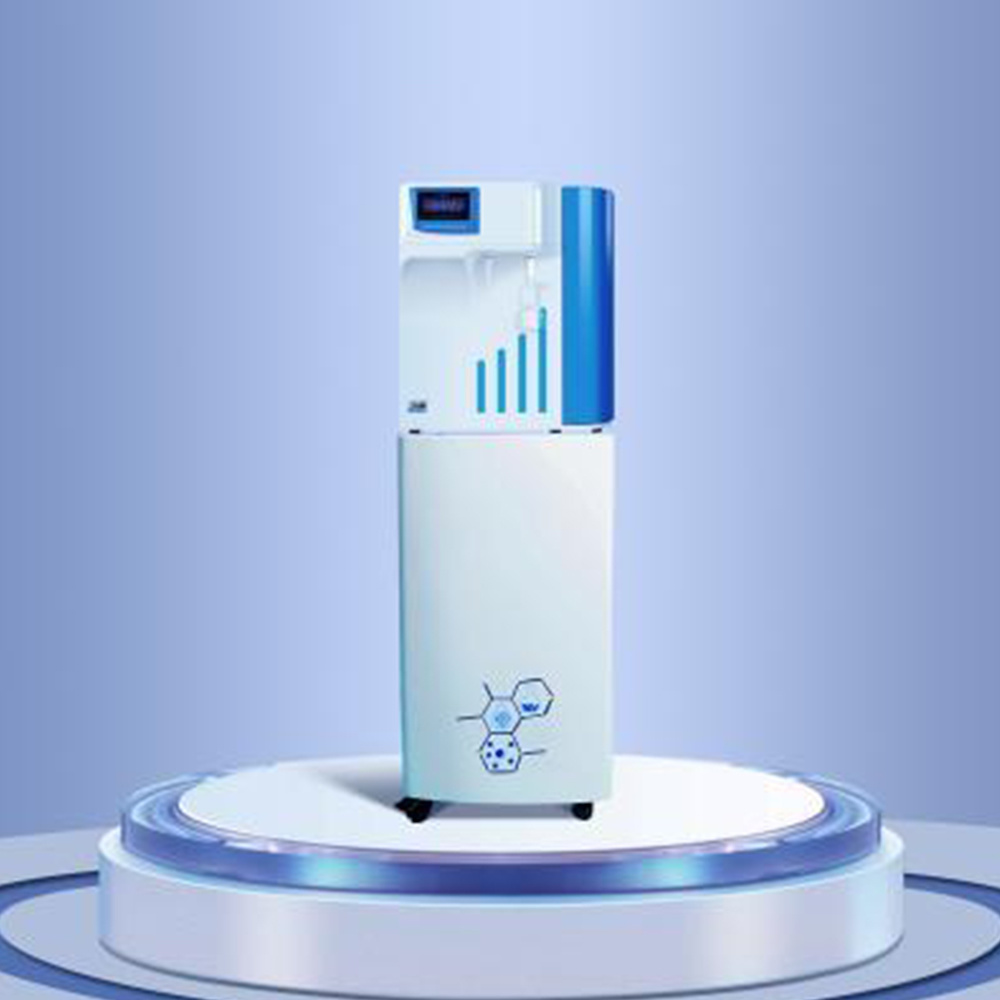Maximizing Output with a Reliable Ultra Pure Water Purification System
Time:
Jun 29,2025
Maximizing Output with a Reliable Ultra Pure Water Purification System
Introduction to Ultra Pure Water Purification Systems
In today's industrial landscape, **high-quality water** is not just a necessity but a fundamental component that drives productivity and efficiency. The demand for ultra-pure water has surged, particularly in sectors like pharmaceuticals, electronics, and food processing. An **ultra-pure water purification system** ensures that the water meets stringent quality standards, thereby maximizing output and minimizing operational risks.
Understanding the Importance of Ultra Pure Water
Water quality is critical in many industries where impurities can lead to contamination, affecting product quality and safety. Utilizing ultra-pure water helps in:
Enhancing Product Quality
When industries employ ultra-pure water, they protect their products from harmful contaminants. This is especially vital in pharmaceutical production, where even trace amounts of impurities can compromise entire batches.
Increasing Operational Efficiency
By using a reliable purification system, businesses can reduce downtime associated with equipment maintenance and cleaning. Cleaner water leads to less scaling and fouling, resulting in improved efficiency.
Meeting Regulatory Standards
Many industries are governed by strict regulations concerning water quality. An effective ultra-pure water system ensures compliance with these regulations, thus avoiding costly penalties.
Components of an Ultra Pure Water Purification System
To maximize output, it’s essential to understand the critical components of an ultra-pure water purification system. Each part plays a pivotal role in the overall efficiency and effectiveness of the system.
1. Pre-Treatment Systems
Before water undergoes purification, it is essential to remove bigger particles and contaminants. Pre-treatment typically involves filtration, softening, and sometimes reverse osmosis.
2. Reverse Osmosis (RO) Units
RO is a cornerstone of ultra-pure water systems. It employs semi-permeable membranes to remove dissolved salts and organic materials, achieving a high level of purity.
3. Deionization (DI) Systems
Deionization involves exchanging ions in the water with hydrogen and hydroxyl ions. This process removes almost all ionic impurities, resulting in ultra-pure water.
4. Ultraviolet (UV) Treatment
To eliminate microorganisms, UV treatment is often added. Exposing water to UV light effectively inactivates bacteria and viruses, ensuring microbiological safety.
5. Filtration Systems
Final filtration through activated carbon helps in removing any remaining organic compounds and chlorine, which can affect the taste and odor of water.
Benefits of Using Reliable Ultra Pure Water Purification Systems
Investing in an ultra-pure water purification system can yield numerous benefits for industrial operations.
Improved Compliance and Safety
Utilizing advanced purification technologies ensures compliance with industry standards while enhancing safety measures. This is crucial for industries where product quality is paramount.
Cost-Effectiveness
While the initial investment may seem significant, the long-term savings from reduced maintenance costs, fewer product failures, and less waste make ultra-pure systems economically viable.
Scalability
Modern ultra-pure water systems are designed to be scalable. As your operational demands grow, your purification system can be upgraded or expanded to meet increasing water quality needs.
Environmental Responsibility
With growing concerns about sustainability, employing an efficient ultra-pure water system minimizes water waste and promotes responsible usage of vital resources.
Applications of Ultra Pure Water in Various Industries
The versatility of ultra-pure water systems allows them to serve a multitude of industries effectively.
1. Pharmaceutical Industry
In pharmaceutical manufacturing, ultra-pure water is essential for drug formulation, equipment cleaning, and as an ingredient in various products. The stringent requirements for water quality make ultra-pure systems indispensable.
2. Electronics Industry
In the production of semiconductors and other electronic components, ultra-pure water is critical in preventing contamination that could affect the performance and reliability of electronic products.
3. Food and Beverage Industry
The food and beverage sector relies on ultra-pure water not only for processing but also for maintaining product integrity and safety. It aids in producing high-quality beverages and packaged foods.
4. Laboratory Research
Research laboratories use ultra-pure water for experiments, analysis, and cleaning equipment. The precision required in laboratory settings necessitates the highest water purity levels.
5. Power Generation Industry
In power plants, ultra-pure water is used in cooling systems and steam generation. It minimizes scaling and corrosion, thereby enhancing the longevity of equipment.
Choosing the Right Ultra Pure Water Purification System
Selecting the right ultra-pure water purification system involves careful consideration of various factors.
1. Assessing Water Quality Requirements
Understanding the specific water quality needs of your industry is crucial. This includes identifying acceptable levels of contaminants.
2. Evaluating System Capacity
Consider the volume of water required for your operations. The chosen system should be able to meet current and future demands.
3. Analyzing Cost vs. Benefits
Conduct a thorough cost-benefit analysis. While some systems may have lower upfront costs, they can lead to higher operational costs in terms of maintenance and inefficiencies.
4. Considering Manufacturer Reputation
Opt for systems from reputable manufacturers known for reliability and support. Quality assurance and customer service can greatly impact your system's performance.
5. Integration with Existing Infrastructure
Ensure that the new purification system can be easily integrated into your existing infrastructure without significant disruptions to operations.
Maintenance and Operational Best Practices
To ensure optimal performance and longevity of your ultra-pure water system, regular maintenance and adherence to best practices are essential.
1. Regular Monitoring
Frequent water quality testing helps in identifying any potential issues before they escalate. Monitoring parameters like resistivity and Total Organic Carbon (TOC) is critical.
2. Scheduled Maintenance
Establish a routine maintenance schedule that adheres to manufacturer guidelines. This includes replacing filters, membranes, and other components as needed.
3. Employee Training
Training staff on the operation and maintenance of the purification system enhances efficiency and reduces the risk of human error.
4. Documentation and Record Keeping
Maintain detailed records of maintenance activities, water quality tests, and operational parameters. This documentation is invaluable for compliance and troubleshooting.
5. Upgrading Systems
Stay informed about advancements in purification technology. Upgrading components or the entire system can lead to significant efficiency gains.
FAQs About Ultra Pure Water Purification Systems
1. What is the difference between purified and ultra-pure water?
**Purified water** typically has a lower level of contaminants compared to regular tap water, while ultra-pure water undergoes extensive purification processes to remove nearly all impurities, including ions and organic materials.
2. How often should I maintain my ultra-pure water system?
Regular maintenance should be conducted according to the manufacturer's guidelines, but generally, monthly checks and annual comprehensive maintenance are recommended.
3. Can ultra-pure water systems handle fluctuations in water demand?
Yes, many modern systems are designed for scalability and can accommodate fluctuations in water demand by adjusting flow rates or operating conditions.
4. What are the signs that my water purification system needs maintenance?
Common signs include decreased water flow, changes in water quality (e.g., increased TOC), and unusual noises from the system.
5. Are there any environmental impacts associated with ultra-pure water systems?
While ultra-pure water systems are generally designed to be efficient, considerations around energy usage and waste disposal should be assessed to minimize environmental impact.
Conclusion
In conclusion, investing in a reliable ultra-pure water purification system is essential for industries aiming to maximize output and ensure high product quality. By understanding the importance, components, benefits, and maintenance practices associated with these systems, businesses can make informed decisions that will enhance operational efficiency and compliance. The right ultra-pure water purification system not only meets stringent quality standards but also contributes to sustainability and cost-effectiveness in the long run.
RELATED NEWS







